Pangasius products have been exported to 140 countries and territories around the world.
From the available potential…
Over the past 30 years, the pangasius industry has grown strongly in the Mekong Delta, especially in the provinces of An Giang, Dong Thap, Vinh Long, and Can Tho City - which account for more than 90% of the country's pangasius farming area. With 5,700 hectares of water surface and an output of more than 1.4 million tons per year, pangasius has become a key economic sector of the Mekong Delta.
In 1997, An Giang exported 425 tons of pangasius for the first time to Australia, Singapore and China - Hong Kong. Three years later, pangasius conquered the US market and by 2024, the export turnover to this market reached nearly 350 million USD. However, besides the achievements, this industry is also facing many difficulties. According to General Director of Nam Viet Joint Stock Company Doan Toi, Vietnamese pangasius is under fierce competition pressure from India, Bangladesh, China, Indonesia... These countries have been able to raise pangasius and are increasingly improving productivity and quality. Meanwhile, Vietnam still has many limitations, such as: fragmented production, lack of chain linkage, uneven breeds, high input costs, outdated processing technology and increasing trade barriers.
“We are no longer “alone in the market” like before. If we do not upgrade farming technology and control quality from input to output, Vietnamese pangasius will gradually lose its advantage,” Mr. Doan Toi warned. According to Mr. Doan Toi, to improve competitiveness, the pangasius industry needs to implement many synchronous solutions from farmers, enterprises to the government and industry associations.
According to Le Trung Dung, Vice President of the An Giang Pangasius Association, the current major weakness is the lack of connection between farmers and businesses. Spontaneous production causes an imbalance between supply and demand, leading to a situation of "good harvest, low price". The solution is to build chains, in which businesses play a leading role, and farmers participate through contracts for consumption, technical support, and quality control. "Chain linkage not only helps stabilize production, but also reduces intermediary costs and increases added value," Mr. Dung affirmed.
… To strategic solutions
In addition, the pangasius industry needs to promote the application of high technology in farming and processing. Specifically: Using high-quality fish breeds, farming according to biosafety processes; investing in deep processing technology, diversifying products; building a traceability system to meet strict market requirements; strengthening the building of the national pangasius brand, instead of being called "catfish" in many markets.
Another point worth noting is that it is necessary to quickly take advantage of free trade agreements (FTAs) to expand export markets. Regarding this issue, Chairman of the Vietnam Pangasius Association Duong Nghia Quoc said: “FTAs bring opportunities to reduce tariffs, but to take advantage of them, businesses need to meet requirements on the environment, labor and international quality standards.”
In addition to the efforts of enterprises and farmers, the role of the State is very important. Chairman of the People's Committee of An Giang province Ho Van Mung said: "Local authorities need to mobilize enterprises to build concentrated farming areas according to planning, invest in irrigation and transportation infrastructure to serve production. Along with that, it is necessary to continue implementing preferential credit policies to help farmers and enterprises boldly innovate technology and expand markets". In addition, it is necessary to strengthen trade promotion, participate in international fairs, support enterprises in trade defense - when being sued for anti-dumping; at the same time, promote bilateral negotiations to remove current technical barriers.
The world increasingly values clean, green and responsible food. Therefore, the pangasius industry needs to focus on improving product quality, protecting the farming environment, and improving labor welfare in the value chain.
The development of the pangasius industry cannot be based on quantity, but must aim for professionalism, modernity and adaptation to climate change. Only then will Vietnamese pangasius not only maintain its international market share, but also affirm its position as a symbol of Vietnamese agricultural products with high quality, environmental friendliness and sustainability.
MINH HIEN
Source: https://baoangiang.com.vn/nang-cao-nang-luc-canh-tranh-cua-nganh-hang-ca-tra-a424013.html


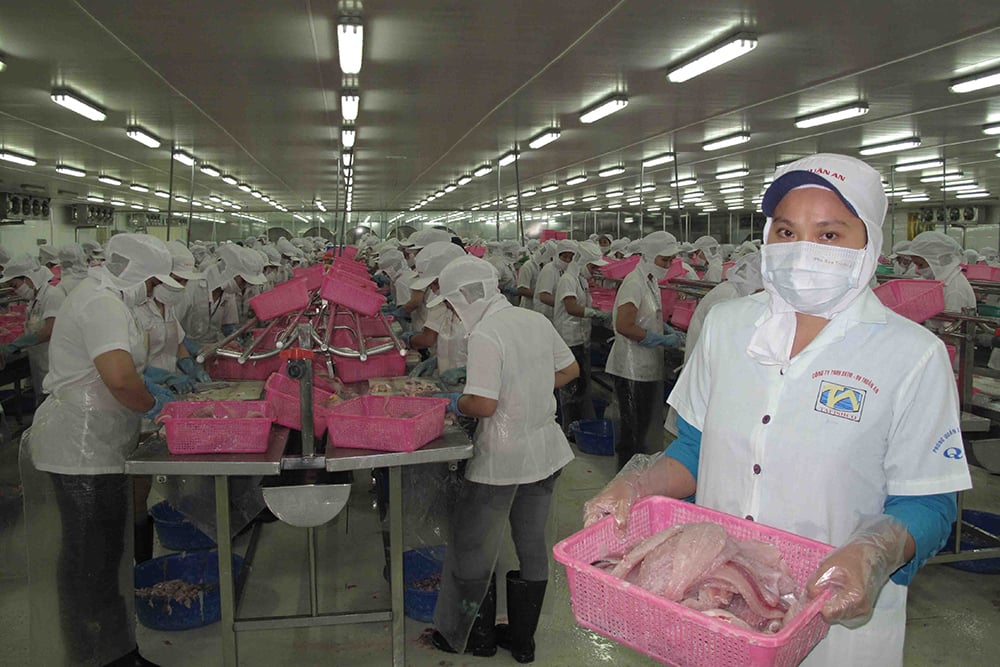

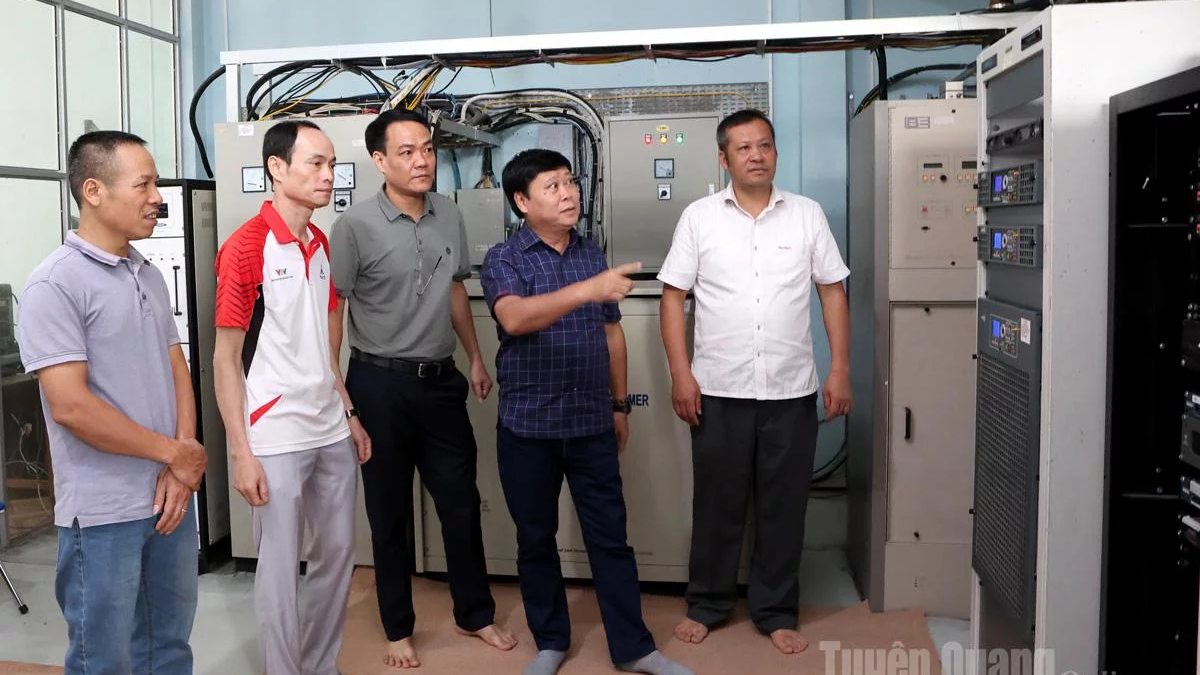

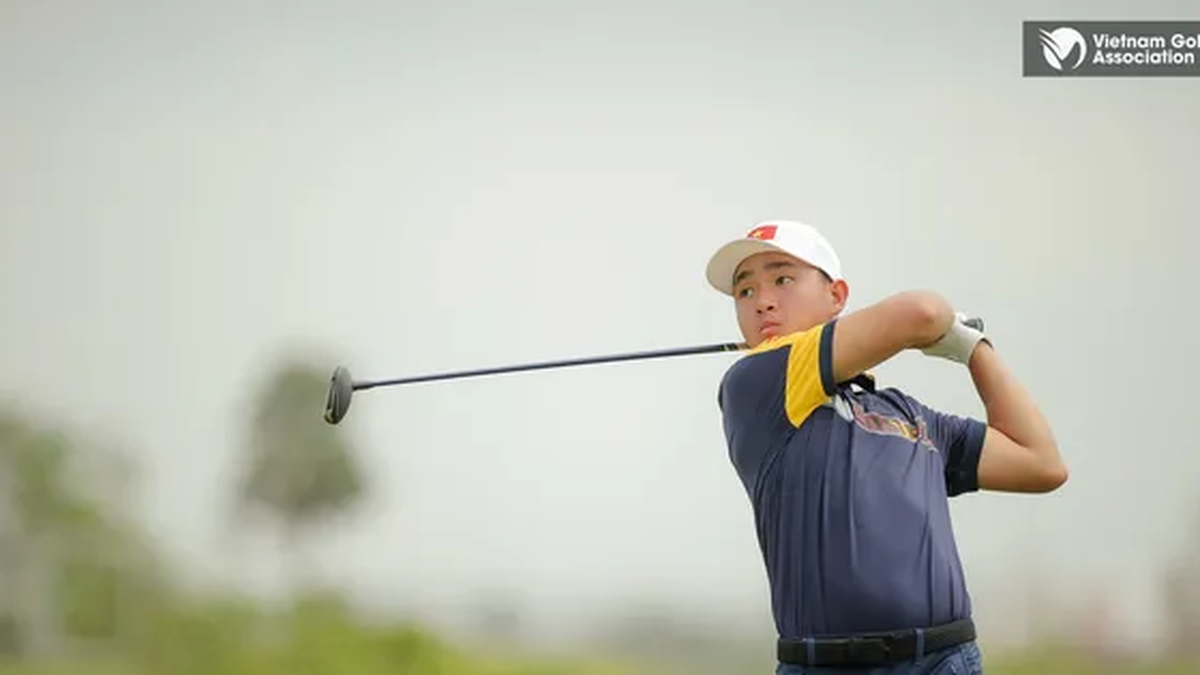
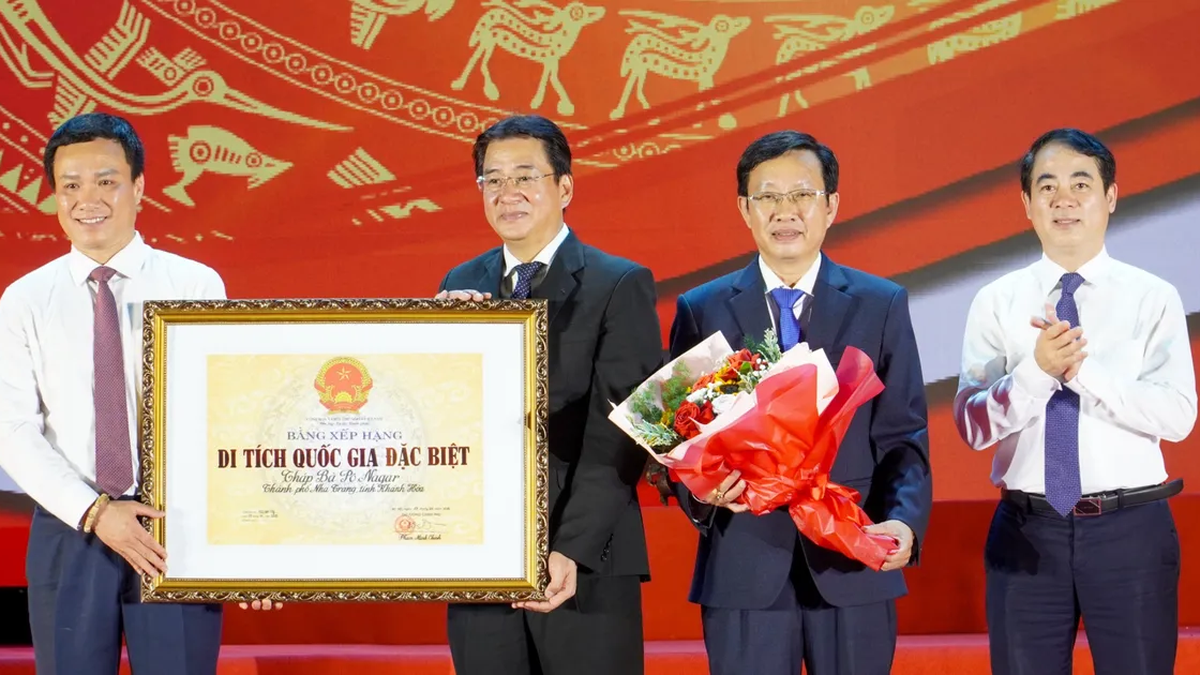
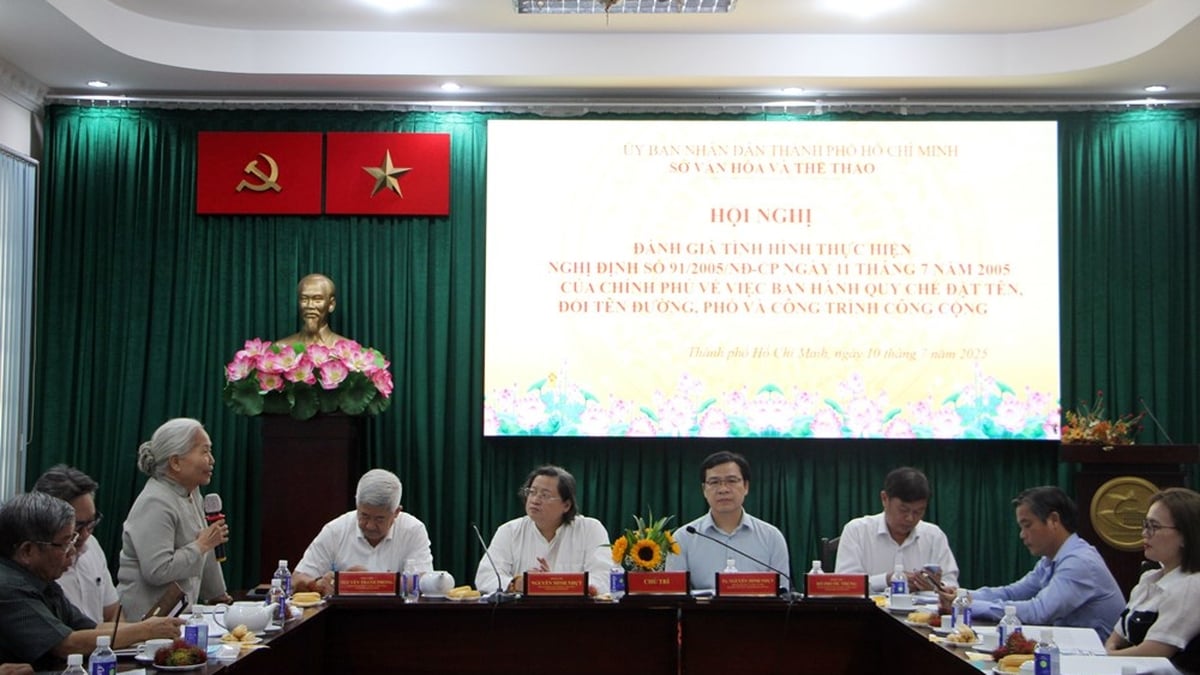
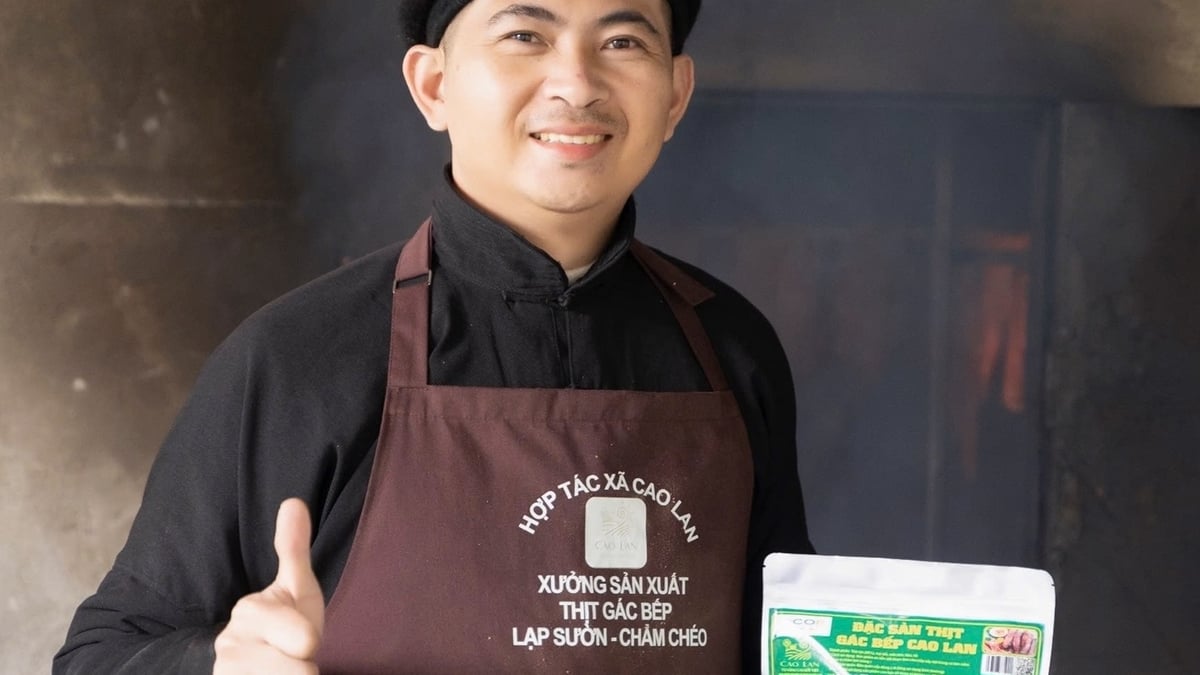
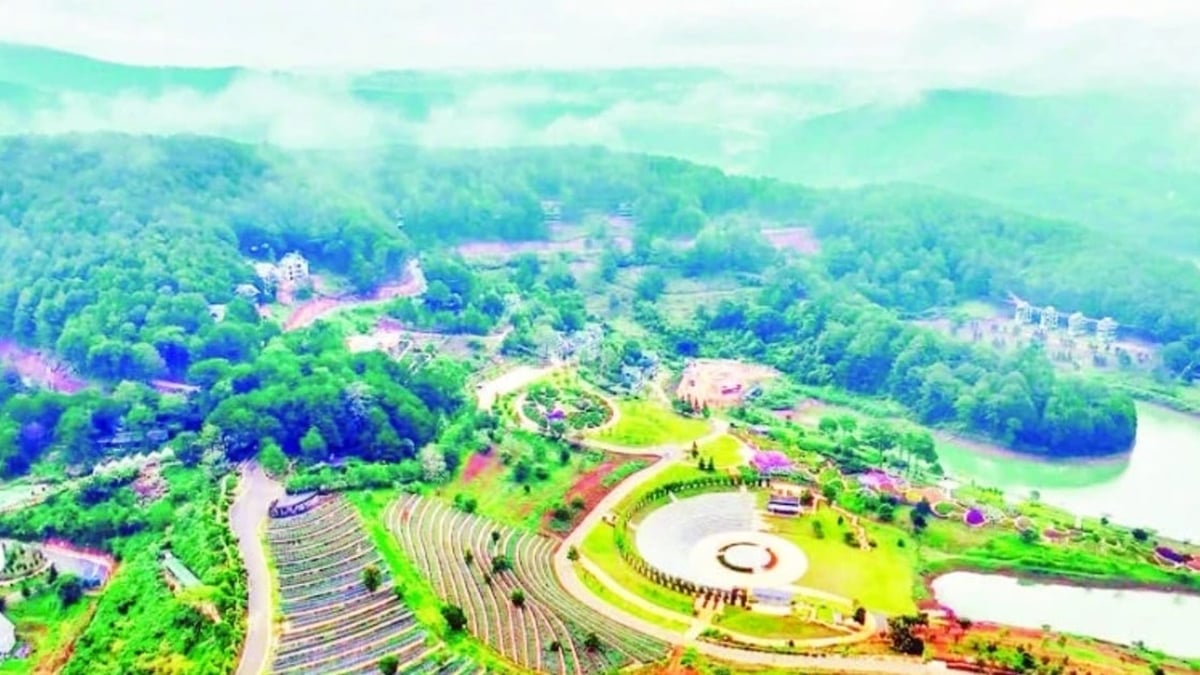
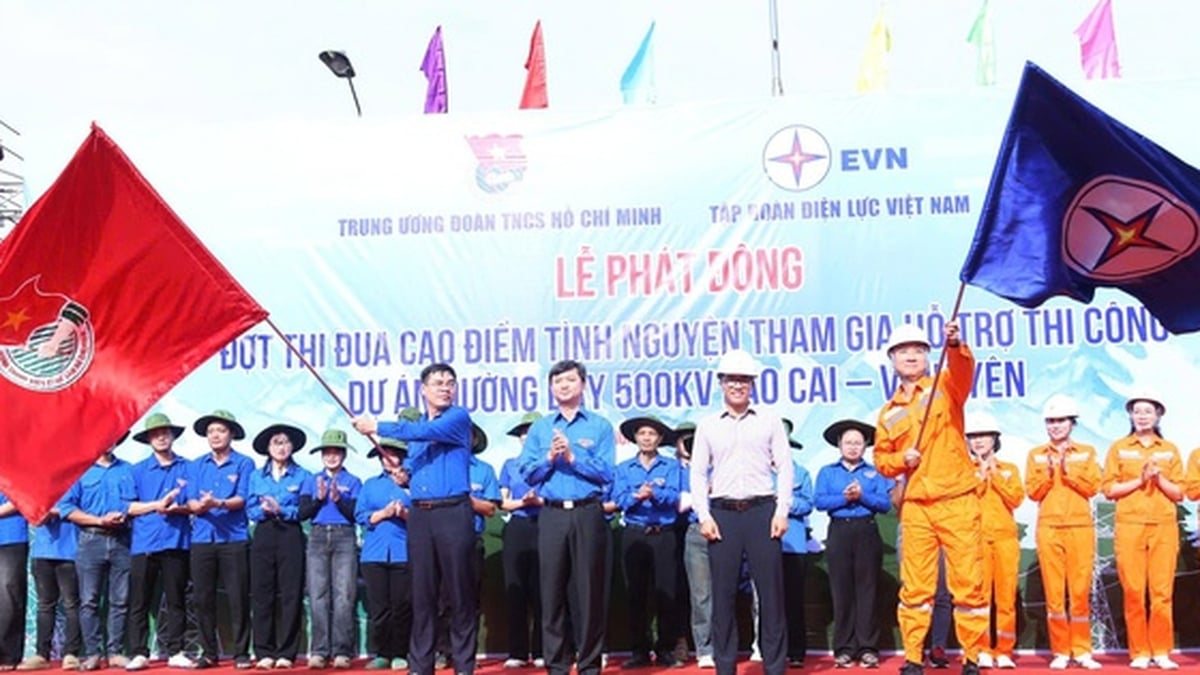














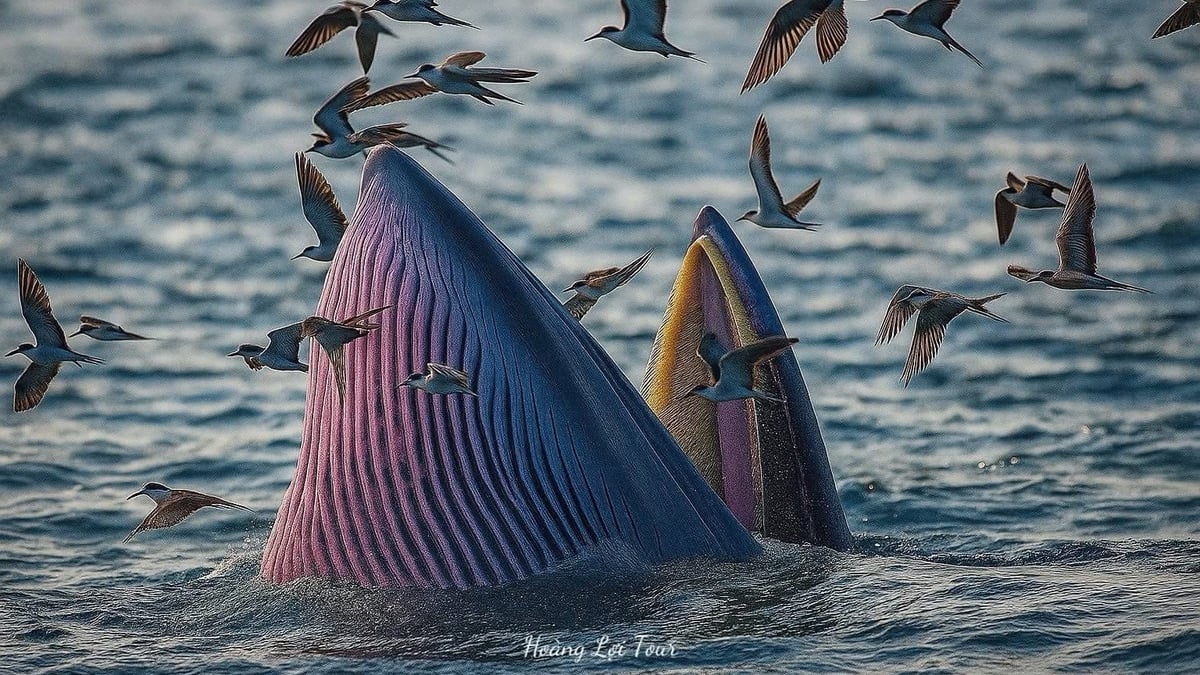

![[Photo] Gia Lai provincial leaders offer flowers at Uncle Ho's Monument with the ethnic groups of the Central Highlands](https://vphoto.vietnam.vn/thumb/1200x675/vietnam/resource/IMAGE/2025/7/9/196438801da24b3cb6158d0501984818)




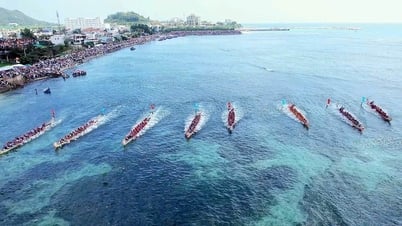

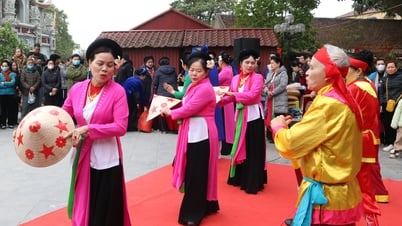

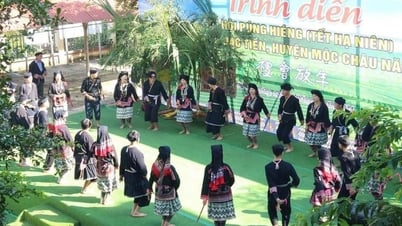

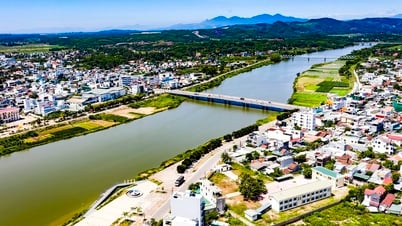

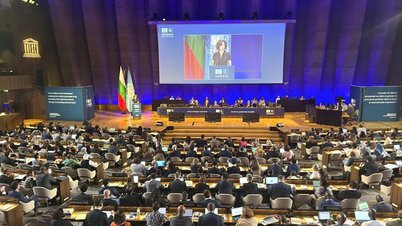














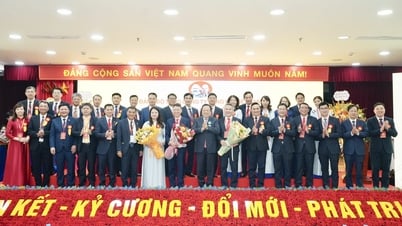



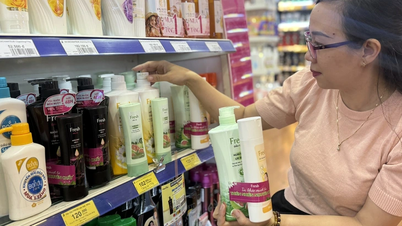
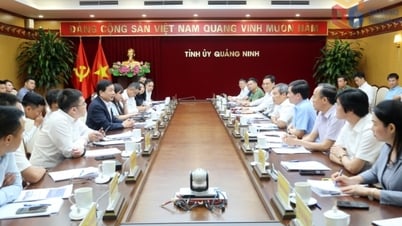

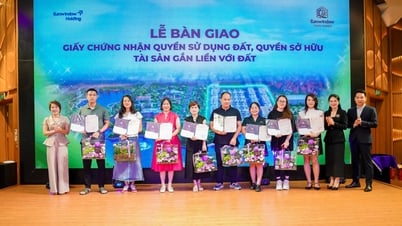

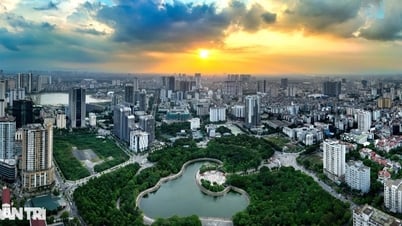
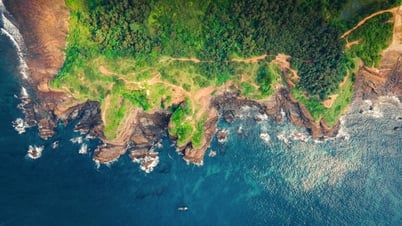



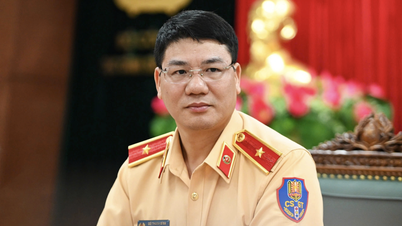
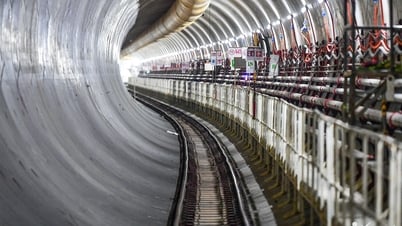
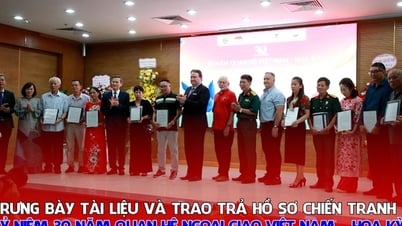

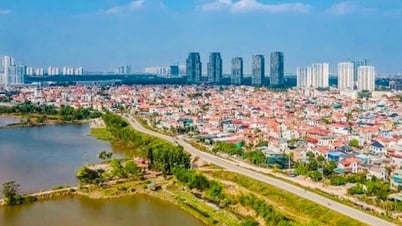
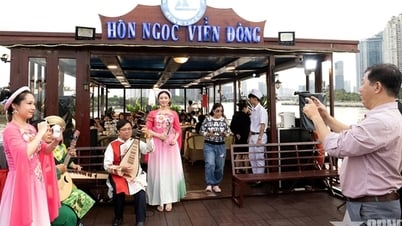
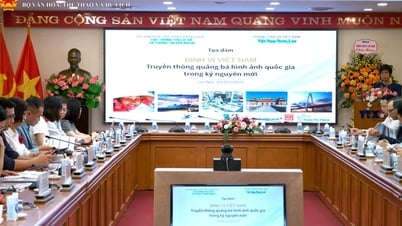

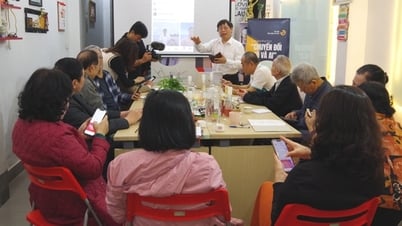








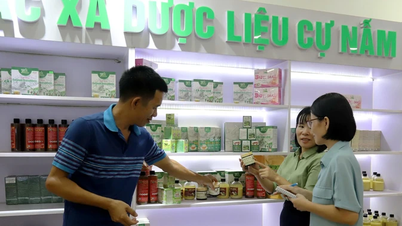
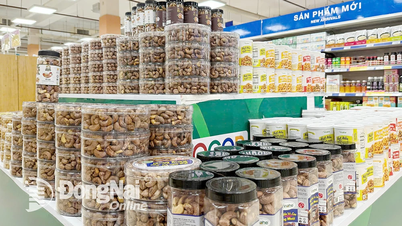

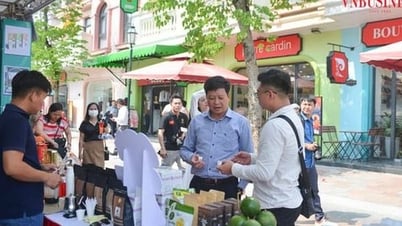

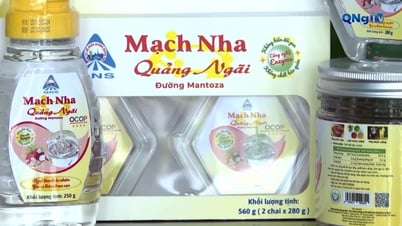

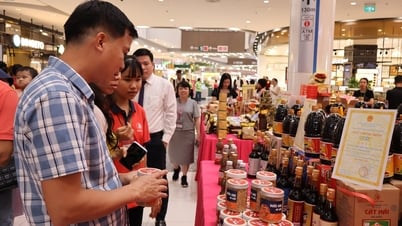



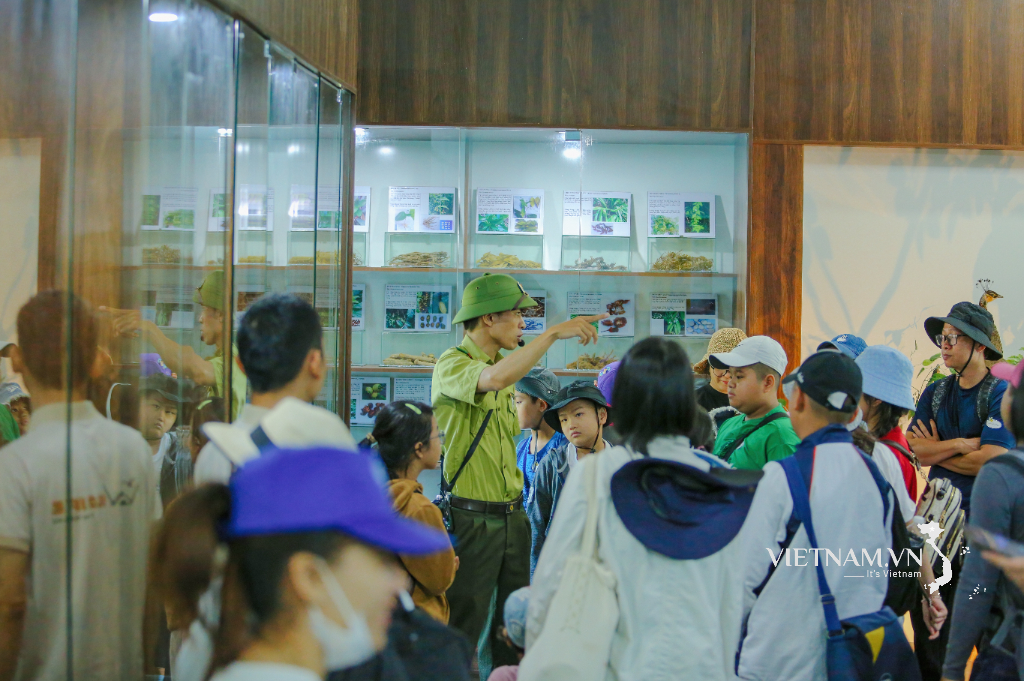
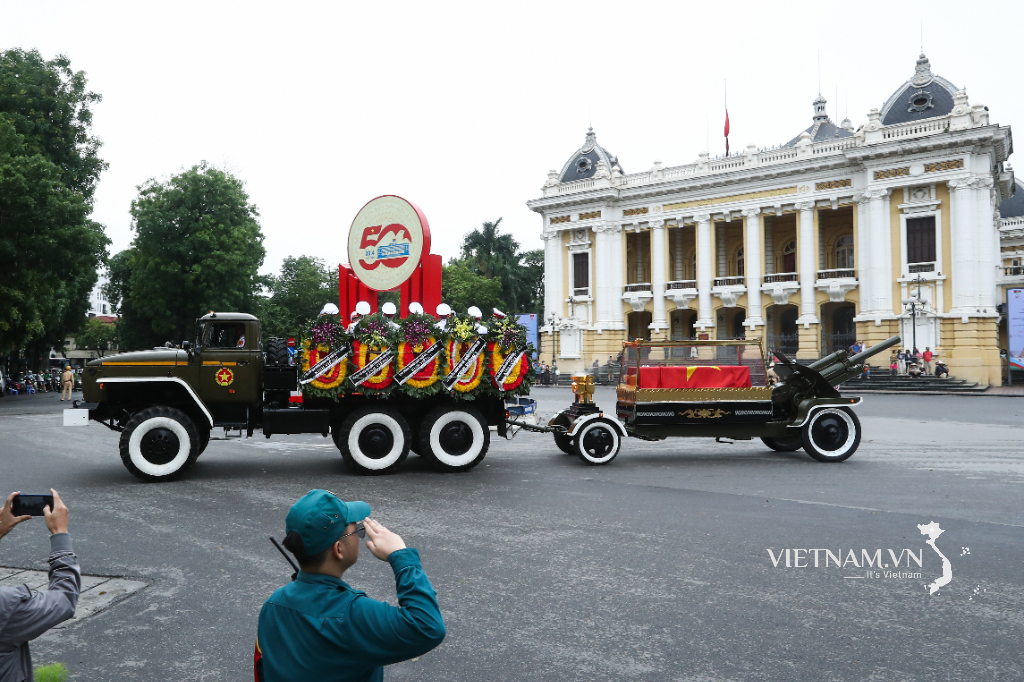

Comment (0)